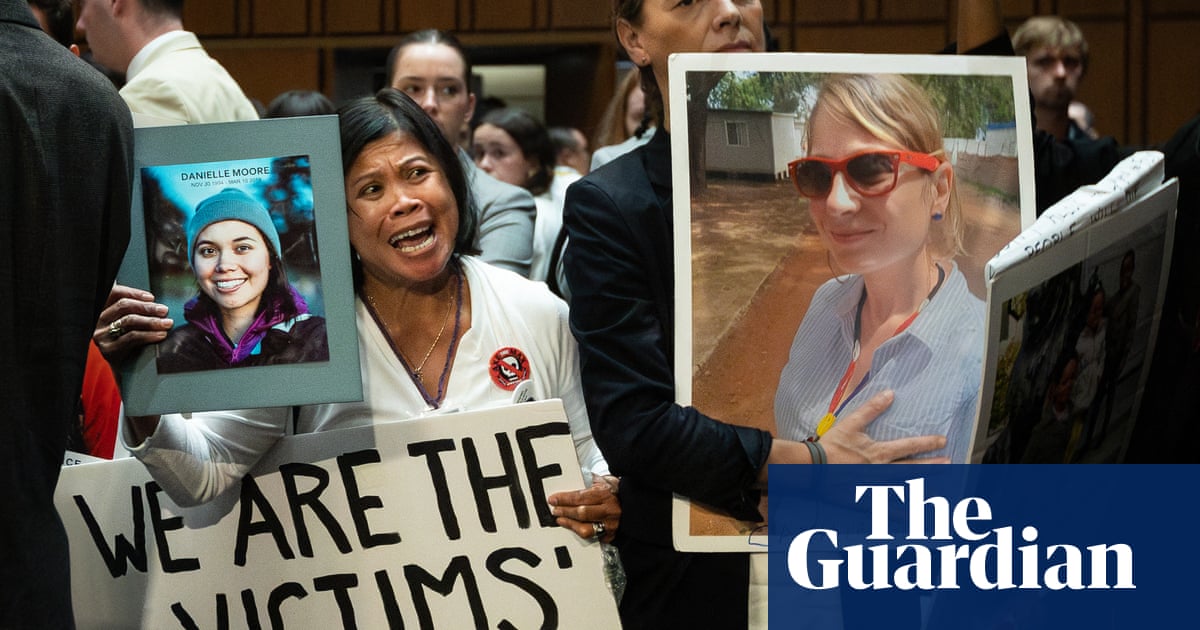The justice department has reached a deal withBoeingthat will allow the airplane giant to avoid criminal prosecution for allegedly misleading US regulators about the 737 Max jetliner before two of the planes crashed and killed 346 people, according to court papers filed on Friday.
Under the “agreement in principle” that still needs to be finalized,Boeingwould pay and invest more than $1.1bn, including an additional $445m for the crash victims’ families, the justice department said. In return, the department would dismiss the fraud charge in the criminal case against the aircraft manufacturer.
“Ultimately, in applying the facts, the law, and Department policy, we are confident that this resolution is the most just outcome with practical benefits,” a justice department spokesperson said in a statement.
“Nothing will diminish the victims’ losses, but this resolution holds Boeing financially accountable, provides finality and compensation for the families and makes an impact for the safety of future air travelers.”
Many relatives of the passengers who died in the crashes, which took placeoff the coast of Indonesiaandin Ethiopialess than five months apart in 2018 and 2019, have spent years pushing for a public trial, the prosecution of former company officials, and more severe financial punishment for Boeing.
“Although the DOJ proposed a fine and financial restitution to the victims’ families, the families that I represent contend that it is more important for Boeing to be held accountable to the flying public,” Paul Cassell, an attorney for many of the families in the long-running case, said in a statement earlier this week.
Boeing was accused of misleading the Federal Aviation Administration about aspects of the Max before the agency certified the plane for flight. Boeing did not tell airlines and pilots about a new software system, called MCAS, that could turn the plane’s nose down without input from pilots if a sensor detected that the plane might go into an aerodynamic stall.
The Max planes crashed after a faulty reading from the sensor pushed the nose down and pilots were unable to regain control. After the second crash, Max jets were grounded worldwide until the company redesigned MCAS to make it less powerful and to use signals from two sensors, not just one.
Boeing avoided prosecution in 2021 by reaching a $2.5bn settlement with the justice department that included a previous $243.6m fine.
A year ago, prosecutors said Boeing violated the terms of the 2021 agreement by failing to make promised changes to detect and prevent violations of federal anti-fraud laws. Boeingagreed last July to plead guiltyto the felony fraud charge instead of enduring a potentially lengthy public trial.
But in December, US district judge Reed O’Connor in Fort Worthrejectedthe plea deal. The judge said the diversity, inclusion and equity (DEI) policies in the government and at Boeing could result in race being a factor in picking a monitor to oversee Boeing’s compliance with the agreement.
